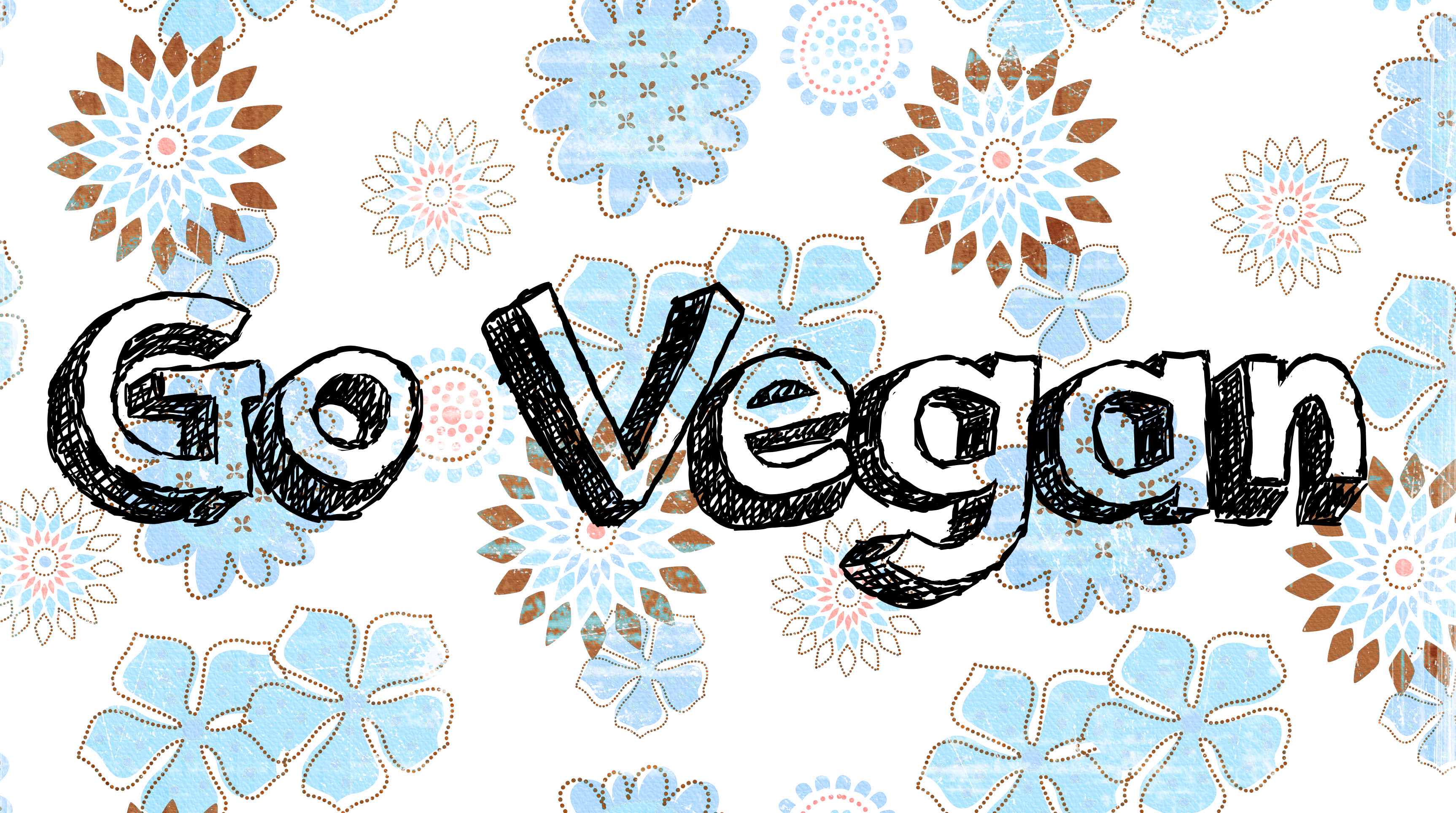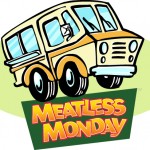It’s Monday again, and for today’s Meatless Monday coverage we are going to look at individuals who have taken vegetarianism to the next level in their dietary lifestyle.
Growth in the mobile food industry is only being matched by the growth of individuals in the United States who have made the conscious effort to limit or even eliminate the amount of meat they include in their lives. There are now twice as many vegetarians in American as there were in 1994, and almost a third of them are now vegans.
Understanding Vegan Food Truck Customers
Food truck owners around the country are constantly looking to find new customers, and being able to offer the growing vegan population food from your truck is an easy way to expand your customer base.
The problem many mobile food unit operators have isn’t that they are open to expanding their menus, but that they aren’t sure what vegans can or cannot eat. Today’s article hopes to help those understand vegan food truck customers, and what they typically eat.
What is a Vegan?
As many people already know, vegetarians do not eat meat, fish, or poultry. The way the vegans differ from vegetarians is that they do not eat other animal products and by-products such as eggs, dairy products and honey.
Why Veganism?
People choose to follow a vegan lifestyle for health, environmental, and/or ethical reasons. For example, some vegans feel that one promotes the meat industry by consuming eggs and dairy products.
Many vegans choose this lifestyle to promote a more humane and caring world. They know they are not perfect, but believe they have a responsibility to try to do their best, while not being judgmental of others.
Vegan Food Truck Customer Nutrition
The key to a nutritionally sound vegan diet is variety. A healthy and varied vegan diet includes fruits, vegetables, plenty of leafy greens, whole grain products, nuts, seeds, and legumes.
Protein
It is very easy for a vegan diet to meet the recommendations for protein as long as calorie intake is adequate. Strict protein planning or combining is not necessary. The key is to eat a varied diet.
Almost all foods except for alcohol, sugar, and fats provide some protein. Vegan sources include: lentils, chickpeas, tofu, peas, peanut butter, soy milk, almonds, spinach, rice, whole wheat bread, potatoes, broccoli and kale.
Fat
Vegan diets are free of cholesterol and are generally low in saturated fat. Thus eating a vegan diet makes it easy to conform to recommendations given to reduce the risk of major chronic diseases such as heart disease and cancer. High-fat foods, which should be used sparingly, include oils, margarine, nuts, nut butters, seed butters, avocado, and coconut.
Calcium
Calcium, needed for strong bones, is found in dark green vegetables, tofu made with calcium sulfate, calcium-fortified soy milk and orange juice, and many other foods commonly eaten by vegans. Although lower animal protein intake may reduce calcium losses, there is currently not enough evidence to suggest that vegans have lower calcium needs. Vegans should eat foods that are high in calcium and/or use a calcium supplement.
Other good sources of calcium include: okra, turnip greens, soybeans, tempeh, almond butter, broccoli, bok choy and commercial soy yogurt.
Zinc
Vegan diets can provide zinc at levels close to or even higher than the RDA. Zinc is found in grains, legumes, and nuts.
Iron
Dried beans and dark green leafy vegetables are especially good sources of iron. Believe it or not, they are better on a per calorie basis than meat. Iron absorption is increased markedly by eating foods containing vitamin C along with foods containing iron. In regards to finding iron sources, there are plenty of options. Soybeans, lentils, blackstrap molasses, kidney beans, chickpeas, black-eyed peas, Swiss chard, tempeh, black beans, prune juice, beet greens, tahini, peas, bulghur, bok choy, raisins, watermelon, millet, and kale.
Omega-3 Fatty Acids
In order to maximize production of DHA and EPA (omega-3 fatty acids), vegans should include good sources of alpha-linolenic acid in their diets. This can include ingredients such as flaxseed, flaxseed oil, canola oil, tofu, soybeans, and walnuts.
Common Vegan Foods
Oatmeal, stir-fried vegetables, cereal, toast, orange juice, peanut butter on whole wheat bread, frozen fruit desserts, lentil soup, salad bar items like chickpeas and three bean salad, dates, apples, macaroni, fruit smoothies, popcorn, spaghetti, vegetarian baked beans, guacamole, chili…
Vegans Also Eat…
Tofu lasagna, homemade pancakes without eggs, hummus, eggless cookies, soy ice cream, tempeh, corn chowder, soy yogurt, rice pudding, fava beans, banana muffins, spinach pies, oat nut burgers, falafel, corn fritters, French toast made with soy milk, soy hot dogs, vegetable burgers, pumpkin casserole, scrambled tofu, seitan.
Egg Replacement:
- 1/4 cup (2 ounces) soft tofu blended with the liquid ingredients of the recipe, or
- 1 small banana, mashed, or
- 1/4 cup applesauce, or
- 2 tablespoons cornstarch or arrowroot starch.
The following substitutions can be made for dairy products:
Soy milk, rice milk, potato milk, nut milk, or water (in some recipes) may be used. Buttermilk can be replaced with soured soy or rice milk. For each Cup of buttermilk, use 1 cup soymilk plus 1 tablespoon of vinegar.
Soy cheese available in health food stores. (Be aware that many soy cheeses contain casein, which is a dairy product.) Crumbled tofu can be substituted for cottage cheese or ricotta cheese in lasagna and similar dishes. Several brands of nondairy cream cheese are available in some supermarkets and kosher stores.
RELATED: Vegetarians: Marketing Your Food Truck To This Growing Segment
We hope this guide gives you a better understanding on how to serve vegan food truck customers. We understand that some trucks have a very limited menu, however, being able to add at least one vegan meal to your truck’s menu will allow even more people to enjoy your truck’s cuisine.
Please do your part today and join the movement? Signing up is fast and easy! Follow them on Twittter. Mobile Cuisine looks forward to sharing Meatless Monday with our readers!





